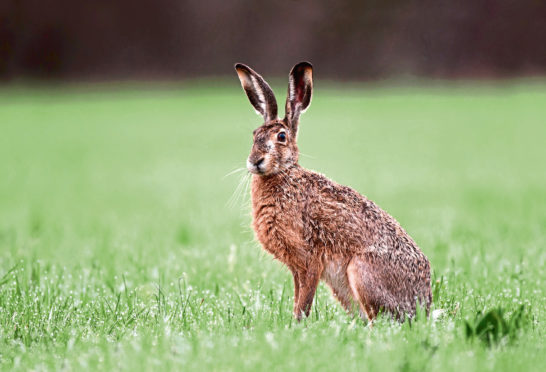At least £3 billion a year is needed to deliver nature-friendly farming across the UK which restores wildlife and tackles climate change, conservationists have said.
The RSPB, National Trust and the Wildlife Trusts warn a long-term financial commitment to land managers is needed for the UK Government and devolved administrations to meet commitments to restore the natural world and cut greenhouse gas emissions.
With Brexit, the current EU-wide subsidy regime – which mainly pays farmers for the amount of land they have – will need to be replaced.
The three major conservation charities say the £3.2bn spent UK-wide on farm support and environmental payments under the EU system must be re-invested in helping farmers produce food in a way that helps nature.
Their call comes after independent analysis for the groups concluded the new proposed “environmental land management” schemes and other measures to support nature-friendly farming would cost at least £2.9bn across the UK.
The money is needed to pay farmers to help boost farmland wildlife such as lapwings, hares and pollinating insects, and create and enhance habitats including wildflower meadows, peatland and woodlands, they say.
Funding is also needed to help farmers protect soils, producing food and ensuring healthy natural systems, and cut emissions by restoring wetlands and planting trees and hedges.
That means guaranteeing funding for at least 10 years after the switch away from the Common Agricultural Policy (Cap), they argue.
Patrick Begg, from the the National Trust, said: “If the government wants farmers to get on board with restoring nature it must provide the certainty and security of long-term funding, backed by first-class and first-hand advisory services.”
He urged ministers to guarantee the money to farmers “not just for the next one or two years, but at least the next decade”.
